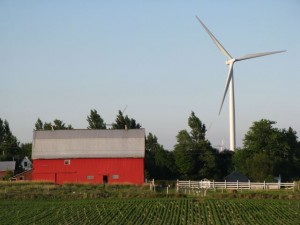The concept of shared value is very important in the business industry. It is the operating of practices and policies that enhance the competitiveness in a company, while providing social and economic conditions within the communities it operates. In order for a company to excel and create a positive impact on society while simultaneously delivering a product that is needed/wanted by consumers, shared value becomes a must.

My classmate, Jianglin wrote about Starbucks, and how the company has become the leader in the coffee industry. The blog discusses how Starbucks has established a loyal relationship with its customers, and I believe that they’ve done this partly through shared value. The article Shared Value and Partnerships, recognizes Starbucks with it’s partnership with the Opportunity Finance Network, where Starbucks donated 5 million dollars to launch “Create Jobs for USA program” and asks it’s customers to donate when purchasing one of their products. Starbucks also achieves shared value through their initiative to recycle all customer cups by 2015. This is a very important contribution that the company does which shoes costumers their contribution to the environment and sustainability.
Starbucks’ incentive of creating shared value not only contributes to society in a positive way but these contributions attract customers to purchase their product. People want to contribute to organizations and causes that impact society, and Starbucks allows them to this while they’re purchasing their product.



